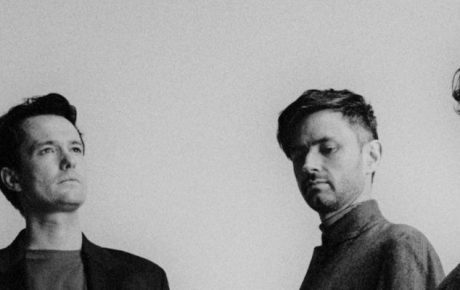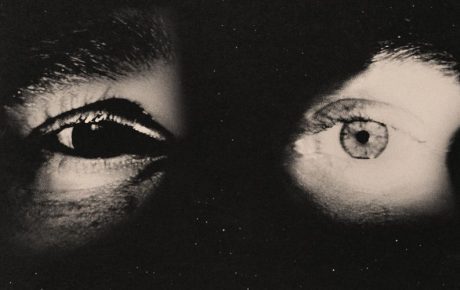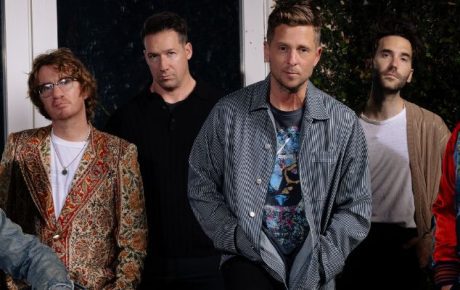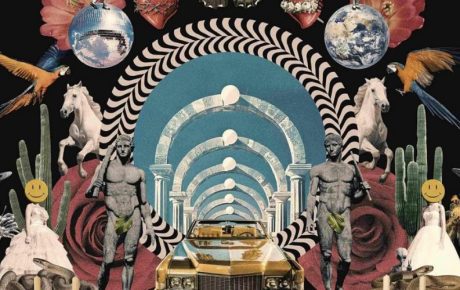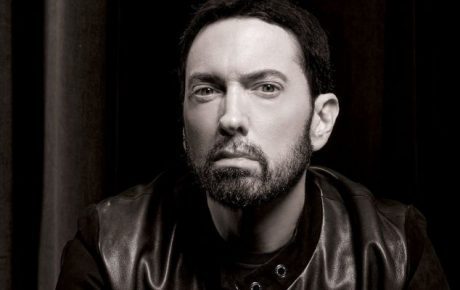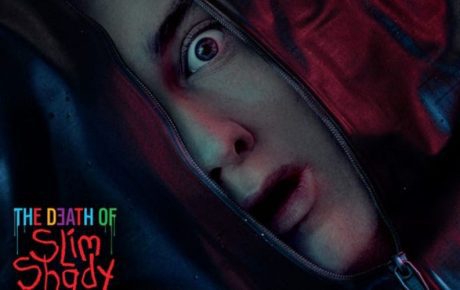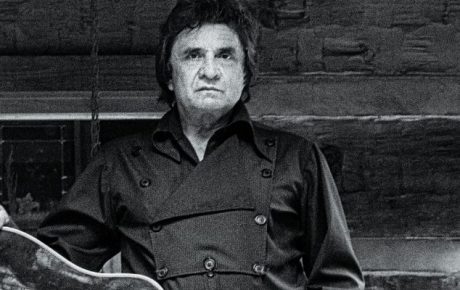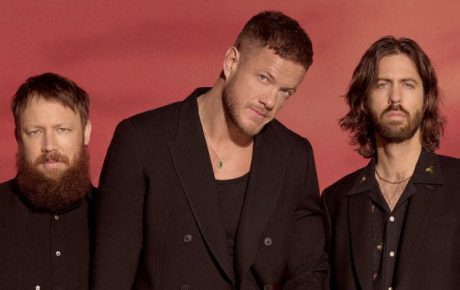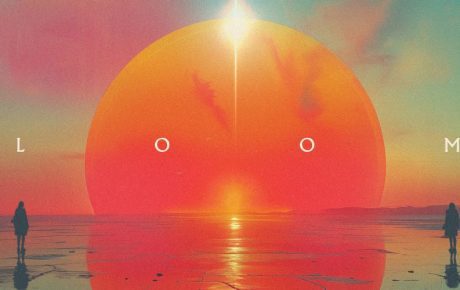I’ve been thinking a lot about my change in music taste since all this uncertainty arose in the world.
Growing up in a cotton-balled world, I’ve never experienced what it’s like to face real terror. The mild uncertainty and anxiety around a global pandemic has been a bit of a shock – understanding that our safe and free New Zealand is no longer the current reality has been an interesting pill to swallow. Worried about grandparents, friends and family, redundancy, pay reductions, the economy and getting sick ourselves has taken the main stage of our frontal lobes for a good few months now. If you’re reading this, pai ki a koe (good on you), you’re doing incredibly well.
Throughout this experience, I’ve noticed I’ve gone back to some of the OG artists I listened to when I first got my own MP3 player. I’m talking Eminem, JBiebs, Nelly, Katy Perry, Queen, JT, Jack Johnson, The Black Eyed Peas, The Killers – the works.
I’ve needed the familiar lyrics I know so well to ground, offer comfort and therapeutic distraction. These are stable songs I can rely on to take me back into my inner sense of self and induce a state of mind – a place of calm throughout the chaos.
And I’m not alone.
Spotify saw a 54% increase in listeners making nostalgic-themed playlists, as well as an uptick in the share of listening to music from the ’50s, ’60s, ’70s, and ’80s during the first month of the pandemic.
This got me pondering the idea that music really does play a part in the process of healing…
We know that music has the power to make us feel and connect. All of us have had the experience of being transported by the sheer beauty of music—suddenly finding ourselves in tears, not knowing whether they are of joy or sadness, feeling a sense of the sublime, or a great stillness within. We also know that whether religious or not, the emotion church music can stir is breathtaking, and we’ve all heard the stories of music sometimes bringing two sides together for a night during war.
Take Bob Marley. Bob’s peaceful ballads brought together two opposing politicians and two rival gangs for one night at the outdoor National Stadium, Jamaica. No shots were fired, and the evening was nothing but love and community, spreading joy and entertainment all around the stadium.
What an odd thing to see if you were an alien, an entire species – through all their wars hatred and tragedy – coming together to celebrate tonal patterns and crafted melodies, whilst swaying, singing jumping and holding on to each other as they encounter smiles and laughter.
Perhaps what we don’t know is how music’s real power is in the way it can heal.
Our favourite tunes are so damn powerful in the way they enhance our current state of mind. Hearing a song that we adore with friends and us singing out the window to its repetitive bridges and slapping chorus puts us in a positive entrance, serotonin zapping around our bodies as we forget the (outside) struggle for a good few minutes of the track.
Music also allows us to evaluate different emotions and be silent at times. Complex lyrics that perfectly describe exactly what it was you needed to say tend to spring you into a place of reflection you never would have reached without the artist’s encouraging push. Listening to these lyrics over and over are like a disguised meditation therapy, we’re always practicing the art of communication just by listening to someone else’s lyrics, someone else’s perspective that might mirror our own.
During lockdown, and the in-and-out of lockdown journey it has been in Auckland, music has by far been the saving grace for my mental health. Going back to old favourites has meant I’ve not only had familiar vibrations in my ears doing all the healing good for me as outlined above, but I’ve had flat mates coming through in the kitchen shouting “I remember this!” whilst jamming out. I’ve sent old bangers to friends with the replies “I needed this” and “Holy hell, this still sounds incredible”. The funny thing is, these songs never went away or hid from us. With the sheer amount of new niche-music releases, it’s hard to find the time to listen to the tracks that have already had 500 plays on our Spotify. But trust me, when you bust out the 2010 playlist, people will always want to take a seat next to you for the comforting ride down memory lane.
So folks, I encourage you to dig up your old favourites and let the nostalgia sweep you away to a safe place, if ever you might need it. It might just help you more than you know.

